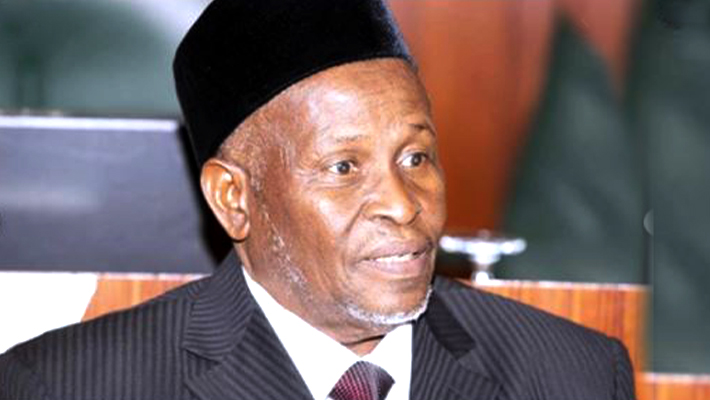Constitution Amendment: NJC, Governors Battle Over 846 Judges
Intense lobbying is on at the National Assembly over the 846 judges serving in state judicial divisions across the country, Nigerian Tribune has reported.
The battle for constitutional control is between governors and the National Judicial Council (NJC). In the amended constitution being expected from the ninth Assembly, governors want to take charge of judicial matters in their domains, including judges serving in states.
NJC, which currently pays the judges’ salaries and superintends over their appointment, promotion and discipline, is warning of a return to past chaos if governors assume total control over state judicial divisions again.
Both sides have been pitching their arguments to constitution amendment committees of both chambers of the federal legislature.
While governors are using loyal lawmakers to make their true federalism case, senior operatives of the judiciary, representing the interest of the sector, have also been speaking to the federal lawmakers on the preservation of the status quo, which reportedly touches on judicial independence and judges’ wellbeing.
It was gathered the top echelon of the judiciary is not sleeping on the matter, to ensure that the system is truly independent of executive control at both federal and state levels.
The argument of the state helmsmen is that in a truly federal arrangement, a national body like NJC has no business dictating to states on how their judicial divisions should run, including paying their salaries.
The governors are asking that NJC should busy itself with federal judges and allow state judicial councils run state judiciary.
As of today, there are a total of 1,129 judges in Nigeria, whose salaries are being paid by the NJC, while their states of service are responsible for capital expenditure.
States also pay the pension of the judges at their judicial divisions, though lobbying is also on to have their pension transferred to NJC, which currently pays the pension of federal judges.
There are also attempts at moving the magistrates away from state control, in the amended constitution.
While 846 of them serve at the state level, only 283, including justices of the Supreme Court and Court of Appeal, serve at the federal level.
If governors succeed in constitutionally divesting NJC from the judicial affairs of the state, the council would have greatly shrunk in statutory functions and accruable annual appropriation.
A judicial operative who sees things at a very close range told Nigerian Tribune that the request of the governors is legitimate and should have even covered state Appeal and Supreme Courts, but the peculiar Nigerian political environment doesn’t make such control desirable at the moment.
The consultants hired by the National Assembly constitution amendment bodies have been listening to the arguments from both sides, with the experts on the side of the Senate recommending the retention of the council, despite being a misnomer.
As of press time, Nigerian Tribune could not establish what the legal experts advising the House of Representatives, recommended.
Senate consultants, however, wanted the Chief Justice of Nigeria (CJN) removed as the chairman of the National Judicial Institute (NJI) and Federal Judicial Service Commission (FJSC), while retaining him as the chairman of the council. The CJN is currently the chair of all agencies of judiciary.
A judicial panel on the reorganisation/reform of the judiciary in 1993, headed by late Justice Kayode Esho, recommended the constitution of the NJC as the clearing house for judiciary nationwide, following years of alleged abuse of the arm of government in the hand of the executive.
The report from the retired justice of the Supreme Court, also indicted 47 judges for alleged corruption and allied offences.
Tribune















Post Comment